Ants invading your car can be a frustrating experience. They can cause damage and are difficult to eliminate once they find their way inside. Fortunately, there are effective strategies to remove ants from your car without using harsh chemicals. Here’s a guide on how to do it naturally.
Other Topics You Might Like
Helpful Products You Might Like

Product Name

Product Name
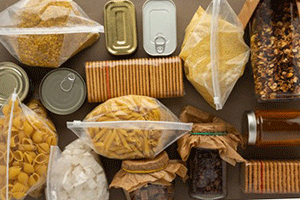
Product Name
"(Paid Links)" 
Understanding the Infestation
To effectively tackle an ant infestation, it’s essential to understand why ants are attracted to your car. Ants usually invade vehicles in search of food or shelter. Crumbs, spills, and even sweet-smelling air fresheners can lure them in. Identifying the type of ant can also be helpful, as different species may require slightly different approaches.
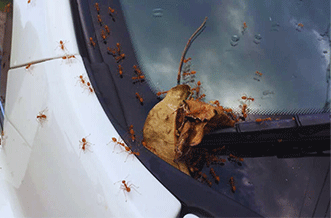
Cleaning Your Car
Thorough Cleaning
Start with a comprehensive cleaning of your car. Remove all trash, food wrappers, and crumbs from the interior. Pay special attention to hidden areas like under seats, between seat cushions, and in cup holders. Vacuum the entire car meticulously to eliminate any remaining food particles.
Wipe Surfaces
Use a mixture of water and white vinegar to wipe down all surfaces. Vinegar is a natural ant repellent and will also help clean and deodorize your car. Focus on areas where ants have been spotted and any places where food might have been spilled.
Shampoo the Upholstery
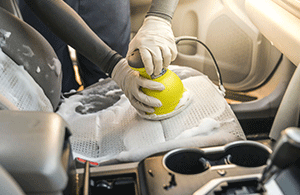
If the infestation is severe, consider shampooing the car seats and carpets. This will remove any lingering food residue that might be attracting ants. Allow the upholstery to dry completely before using the car again.
Natural Deterrents
Essential Oils
Ants are repelled by certain essential oils. Peppermint oil, tea tree oil, and lemon oil are particularly effective. Mix a few drops of your chosen oil with water in a spray bottle and spray it in your car. Focus on areas where ants have been seen, as well as entry points like door seals and window edges.
Diatomaceous Earth:
This natural powder is lethal to ants but safe for humans and pets. Sprinkle food-grade diatomaceous earth in areas where ants are present. The powder works by dehydrating the ants, leading to their death
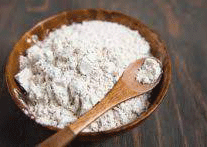
Boric Acid and Sugar Bait
Create a natural ant bait using boric acid and sugar. Mix equal parts boric acid and sugar and place the mixture in small containers inside your car. The sugar attracts the ants, while the boric acid kills them. Be sure to place the bait in areas where pets and children cannot reach.
Preventative Measures
Food Storage
Avoid eating in your car whenever possible. If you must eat inside, make sure to clean up immediately afterward. Store any food in airtight containers to prevent attracting ants.
Regular Cleaning
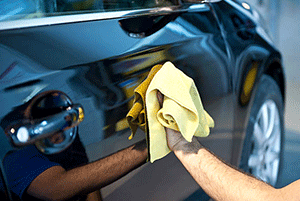
Make it a habit to clean your car regularly. This includes removing trash, vacuuming, and wiping down surfaces. Regular maintenance will make your car less appealing to ants and other pests.
Seal Entry Points
Inspect your car for potential entry points. Ensure that windows are closed tightly and that door seals are in good condition. If you notice any gaps or damage, have them repaired to prevent ants from entering.
Using Natural Insecticides
Soapy Water
A simple mixture of dish soap and water can be an effective natural insecticide. Spray the soapy water directly onto any ants you see in your car. The soap disrupts the ants' exoskeletons, causing them to dehydrate and die.
Cinnamon and Clove
These spices are natural ant repellents. Sprinkle ground cinnamon or clove powder in areas where ants have been seen. Alternatively, you can place whole cloves or cinnamon sticks in your car to deter ants.
Monitoring and Follow-Up
After implementing these measures, continue to monitor your car for any signs of ants. If the infestation persists, you may need to repeat the cleaning and treatment processes. Consistency is key to ensuring that ants do not return.
Conclusion
Removing ants from your car naturally involves a combination of thorough cleaning, natural deterrents, and preventative measures. By maintaining a clean and well-sealed vehicle, you can keep ants at bay without relying on harsh chemicals. These natural methods are not only effective but also safe for you, your family, and the environment.
